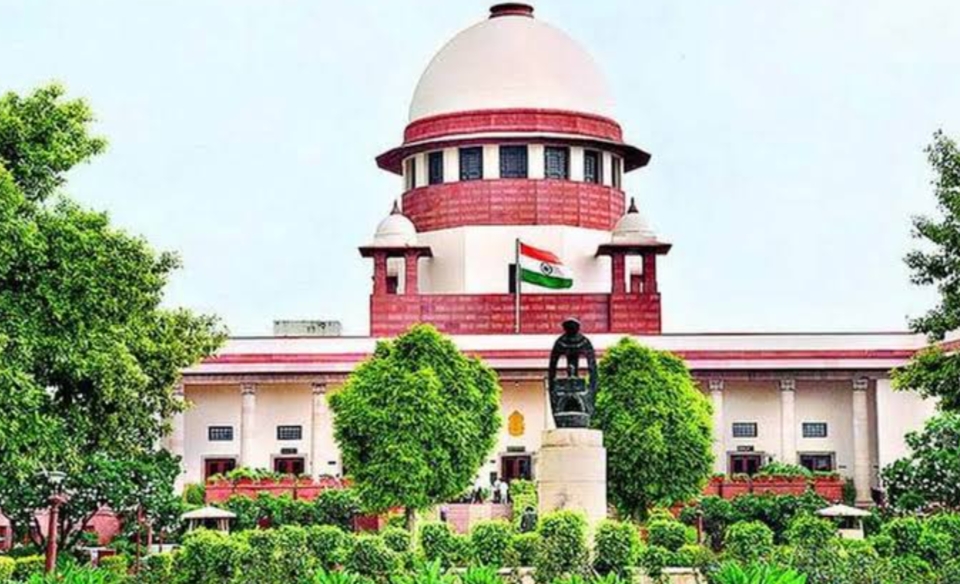The supreme court advised MSMEs associated with Vyapar Mandal to seek relief through the respective high courts if needed.
In a recent development, the Supreme Court dismissed a petition by the Federation of All India Vyapar Mandal contesting the constitutionality of section 43 B (H) of the Income Tax Act.
Under Section 43B(h) of the Income Tax Act, as introduced by the Finance Act of 2023 and effective from April 1, 2024, larger companies failing to pay MSMEs within 45 days, as stipulated in written agreements, cannot deduct that expense from their taxable income. This move potentially leads to higher taxes for such entities.
The apex court advised MSMEs associated with Vyapar Mandal to seek relief through the respective high courts if needed. The petition filed before the Supreme Court by the All-India Vyapar Mandal Union challenged the constitutionality of Section 43B(h), asserting it infringed upon the fundamental rights of its members nationwide. The plea also requested an interim stay on the implementation of the section until the Supreme Court delivered its judgment on the matter.
While some industry bodies have called for a postponement of the new payment rules, others, like the Federation of Indian Micro and Small & Medium Enterprises (FISME), view the provision as potentially transformative for MSMEs.
Concerns have been raised within the MSME sector that this provision may lead larger buyers to overlook MSME suppliers and opt for either unregistered Udyam MSMEs or non-MSMEs. FISME has countered these apprehensions, stating that fears surrounding Section 43B(h) are unfounded.
Earlier this year, the Confederation of All India Traders (CAIT) met with Finance Minister Nirmala Sitharaman, urging for a one-year deferment of the clause’s implementation until April 2025. CAIT welcomed the government’s initiative to ensure timely payments to the MSME sector within the 45-day window, emphasizing its importance in maintaining uninterrupted cash flow for traders.
However, due to ambiguity surrounding the law’s applicability to traders and other associated provisions, CAIT urged the government to suspend the clause’s implementation until sufficient clarification and nationwide dissemination of information are achieved.
Also Read: Bombay High Court: Income Tax Authority Advised to Avoid Over-Analysis for Smooth Justice Delivery
Read More
Delhi ITAT Rules: Disallowance of Expenditure Doesn’t Automatically Lead to Penalty

